Lecturers and Experts
Magdalena Andrae
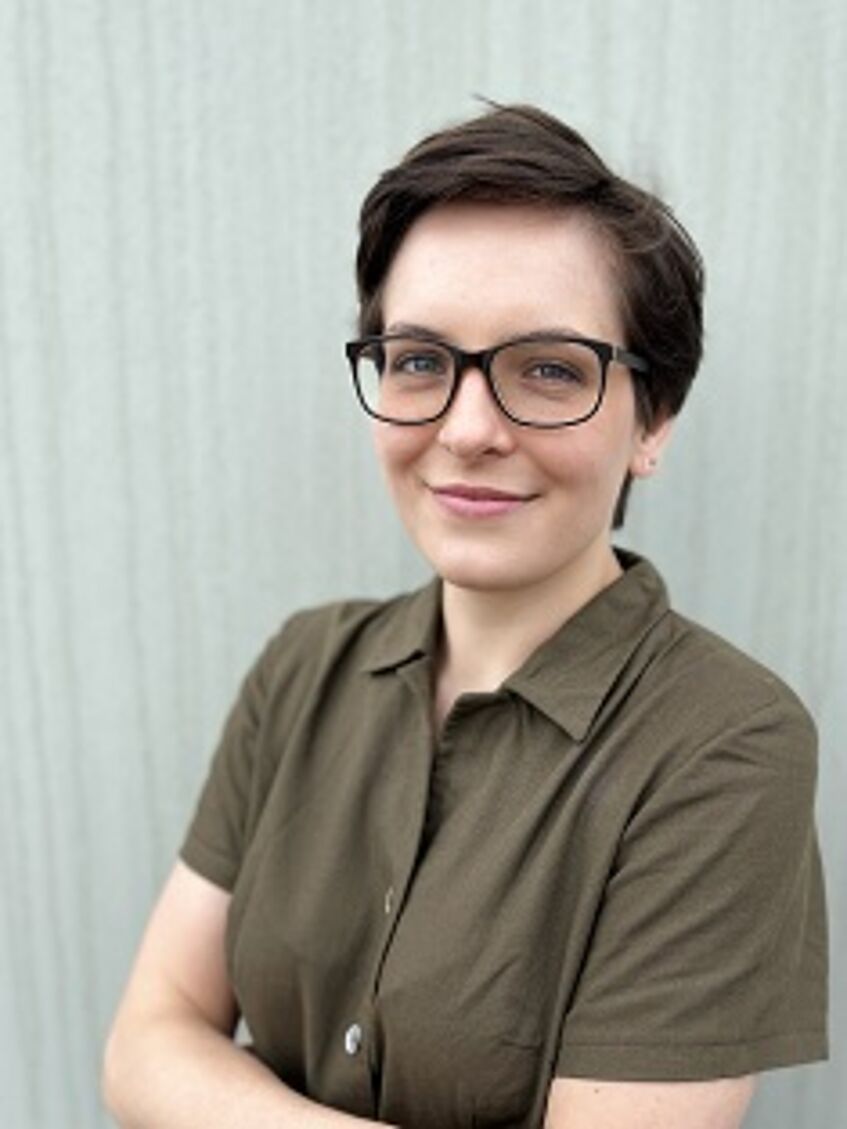
Magdalena Andrae
Magdalena Andrae currently serves as the content manager at TU Wien's institutional literature repository. Her expertise in information management and curation is rooted in her prior academic pursuits, including a degree in "Library and Information Studies" from the Austrian National Library.
Mag. (FH) Mag. Monika Bargmann
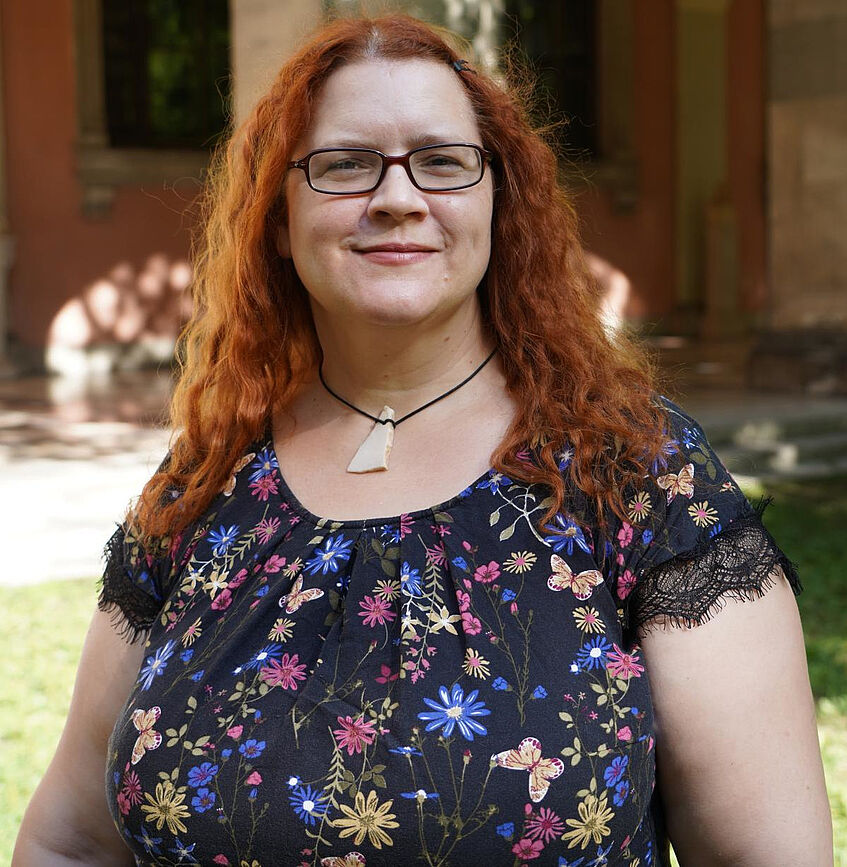
Mag. (FH) Mag. Monika Bargmann
Monika Bargmann is the Data Stewardess for the Faculty of Philological and Cultural Studies at the University of Vienna. Bringing people and information together and "translating" between diverse groups of stakeholders is the common thread through Monika's over 25 years of professional experience. She worked as a journalist, librarian, archivist, research assistant, lecturer, data manager, and IT project coordinator before joining the University of Vienna and holds a business licence for IT services. She was involved in European and Austrian research & development projects funded by the programmes Horizon2020, Erasmus+, ICT of the Future, and ASAP14.
Monika holds master-level degrees in Library and Information Studies (FH Burgenland and HBI Stuttgart) and in German Studies (University of Vienna) and is in the final stage of her Urban and Regional Development studies (University of Vienna). She attended the program "Data Librarian" and "Data Steward" at the University of Vienna.
Dr. Louise Bezuidenhout
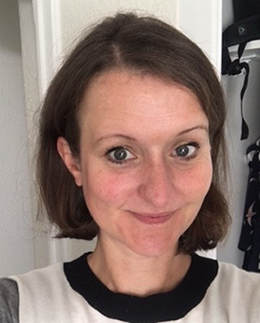
Dr. Louise Bezuidenhout
Louise Bezuidenhout is a senior data expert at DANS (Data Archiving and Networked Services), part of the Royal Dutch Academy of Sciences (KNAW). Dr Bezuidenhout specializes on issues relating to Open Science, data sharing and access. She currently works on projects relating to the development of the European Open Science Cloud (EOSC), particularly relating to education and capacity building around open and responsible research. She is also active in discussions about the evolution of global Open Science Clouds, the South African Open Science Cloud and the African Open Science Platform.
Dr Bezuidenhout’s previous research has been broadly oriented around themes such as justice and access, inclusion and marginalization and equity. Much of her work to date has concentrated on identifying ways to improve the inclusion of low/middle-income country researchers into the Open Science landscape. This work has involved embedded ethnographies, interviews and surveys in a number of countries in Africa, Europe and North America.
Dr Bezuidenhout holds PhDs in cardiothoracic surgery (University of Cape Town, RSA) and sociology (University of Exeter, UK). She has had postdoctoral research posts at the Universities of Exeter (UK), Notre Dame (USA), Oxford (UK) and Cape Town (RSA). She has also held lectureships at University College London (UK), University of the Witwatersrand (RSA) and the University of Oxford (UK).
Sabine Chai, PhD
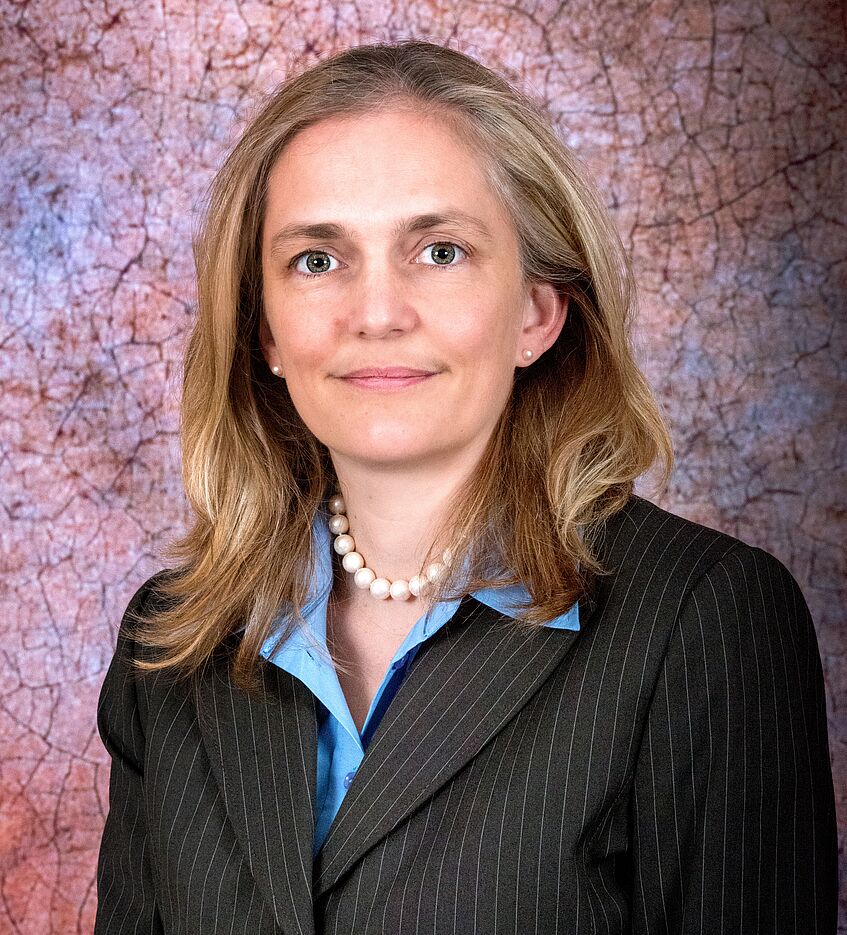
Sabine Chai, PhD
Sabine Chai is the managing director of the Austrian Agency for Research Integrity (OeAWI).
She earned her PhD in Communication at the University of Maryland, College Park and has experience in teaching, training, research, and consulting in academia and non-profit organizations. Across disciplines, the focus of her work has been on providing training in research methodology, dissemination skills, and intercultural communication, as well as on conducting program assessment.
As managing director of the Austrian Agency for Research Integrity, she particularly enjoys contributing to the success of the scientific enterprise and the credibility of researchers by supporting endeavors to improve and protect the integrity of the research process.
Michael Feichtinger, MSc BA
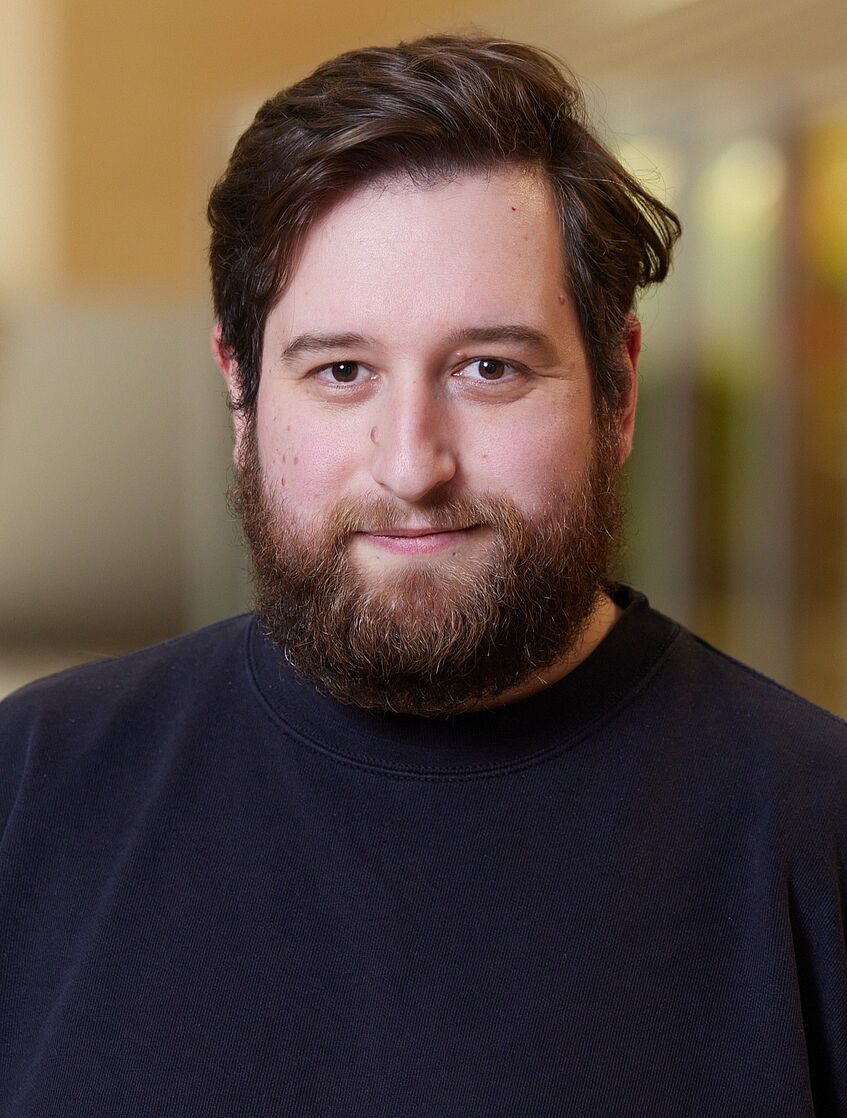
Michael Feichtinger, MSc BA
Michael Feichtinger works as a data steward at the Centre for Microbiology and Environmental Systems Science at the University of Vienna. In this role, Michael supports researchers with data management and the adoption of FAIR data practices. With a background in biochemistry and molecular biology, Michael is well-equipped to deliver tailored solutions and discipline-specific RDM training. Michael actively participates in cross-institutional projects and engages with international networks, including the FWF "Cluster of Excellence: Microbiomes Drive Planetary Health," the ELIXIR RDM Community, and the DINI/nestor-UAG Schulung.
Elena Fürst, BA BA MA
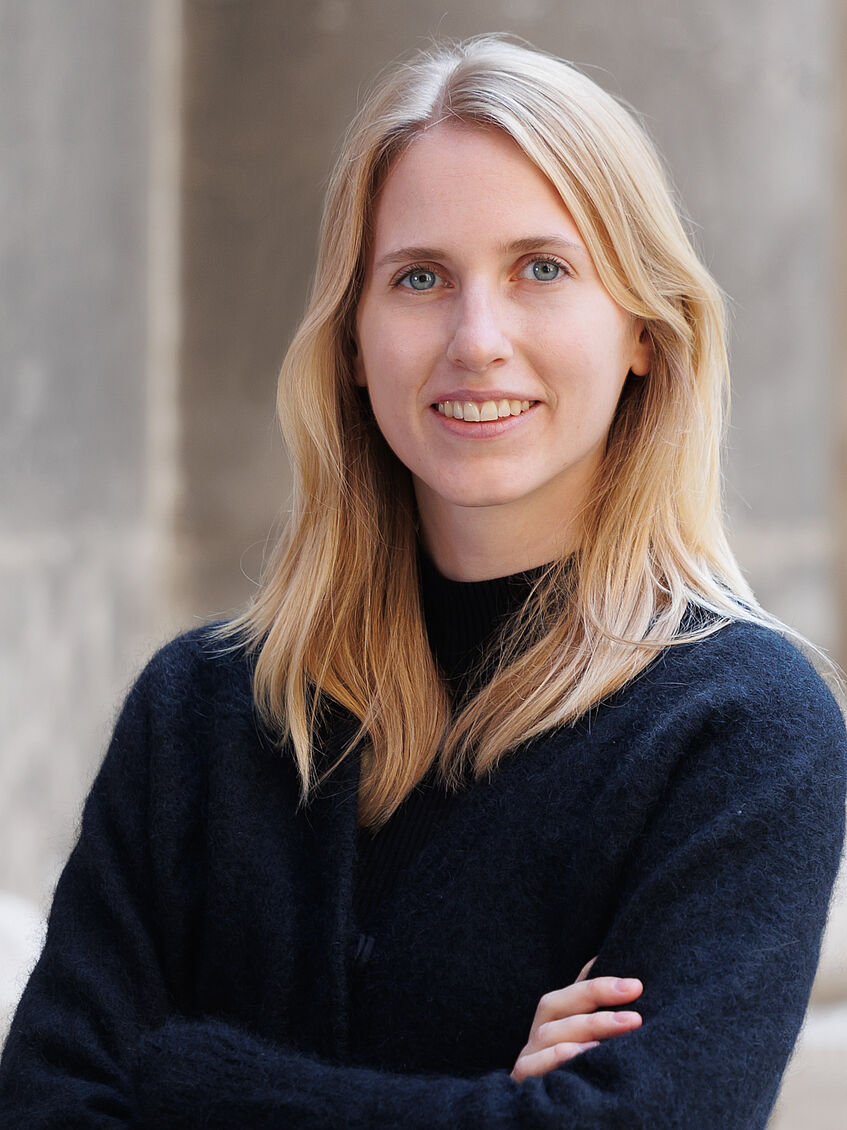
Elena Fürst, BA BA MA
Elena Fürst is deputy head of u:cris, the University of Vienna’s research information system. She is responsible for the (further) development of services for researchers and administrative staff in the areas of research information and research data management. Elena is part of the univie team in the Austrian digitisation project RIS Synergy where she is contributing to the FAIR implementation of data interfaces for the exchange of research information between universities and funding organisations.
Dipl.-Ing. (FH) Raman Ganguly
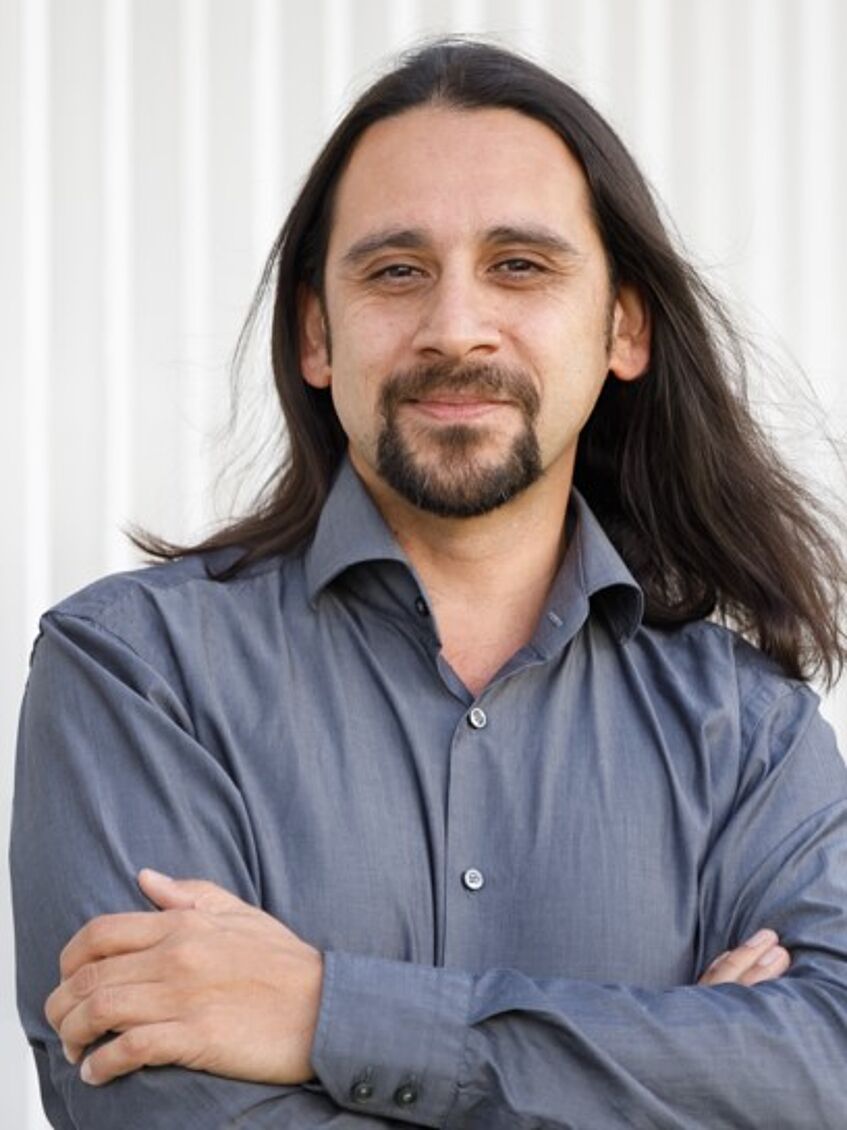
Dipl.-Ing. (FH) Raman Ganguly
Raman Ganguly is the head of the department IT Support for Research as well as the technical director of the repository PHAIDRA. He is responsible for the research data management infrastructure at the University of Vienna as well as an active member of several international and national networks such as the RDA, COAR, OpenAIRE and RepManNet.
Eva Gergely, BSc
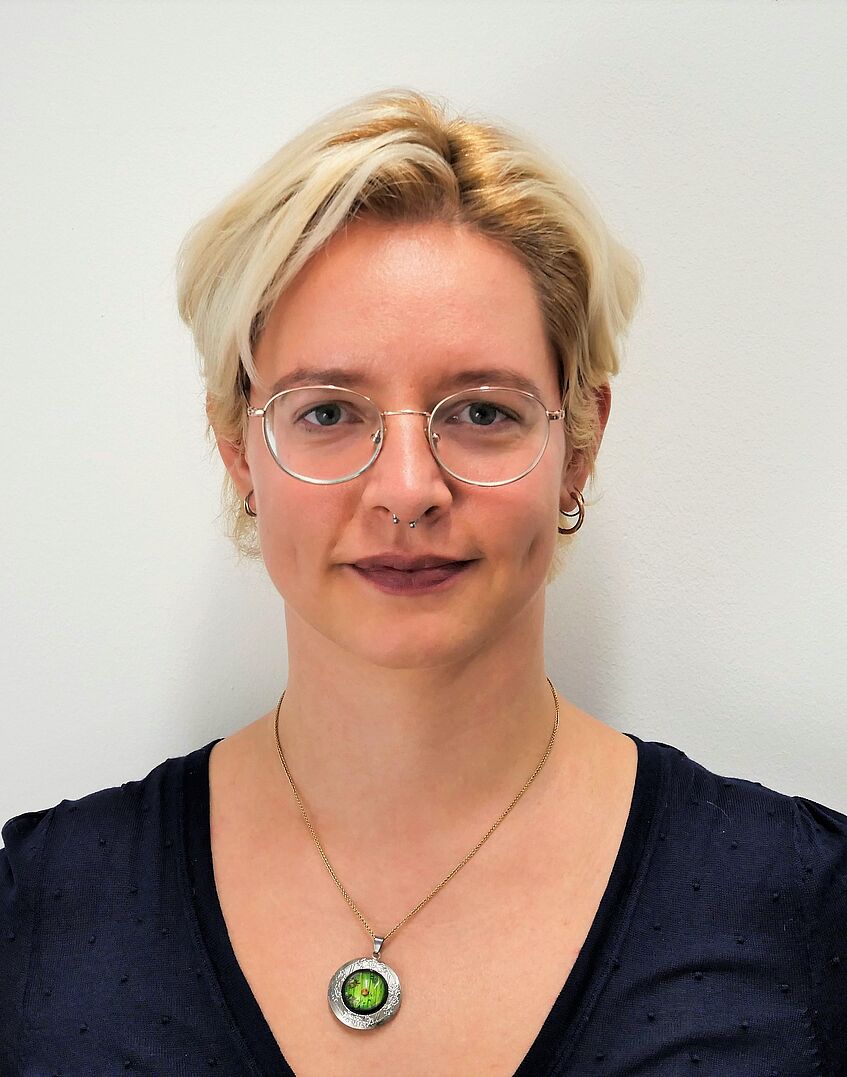
Eva Gergely, BSc
Eva Gergely is a project manager and team lead at the department IT Support for Research at the University of Vienna. In this role, Eva works in (inter-)national projects that focus on research data management. With a background in comparative literature and information technology, Eva is passionate about promoting modern and FAIR (research data) management practices.
Dr. Alicia Fatima Gomez-Sanchez
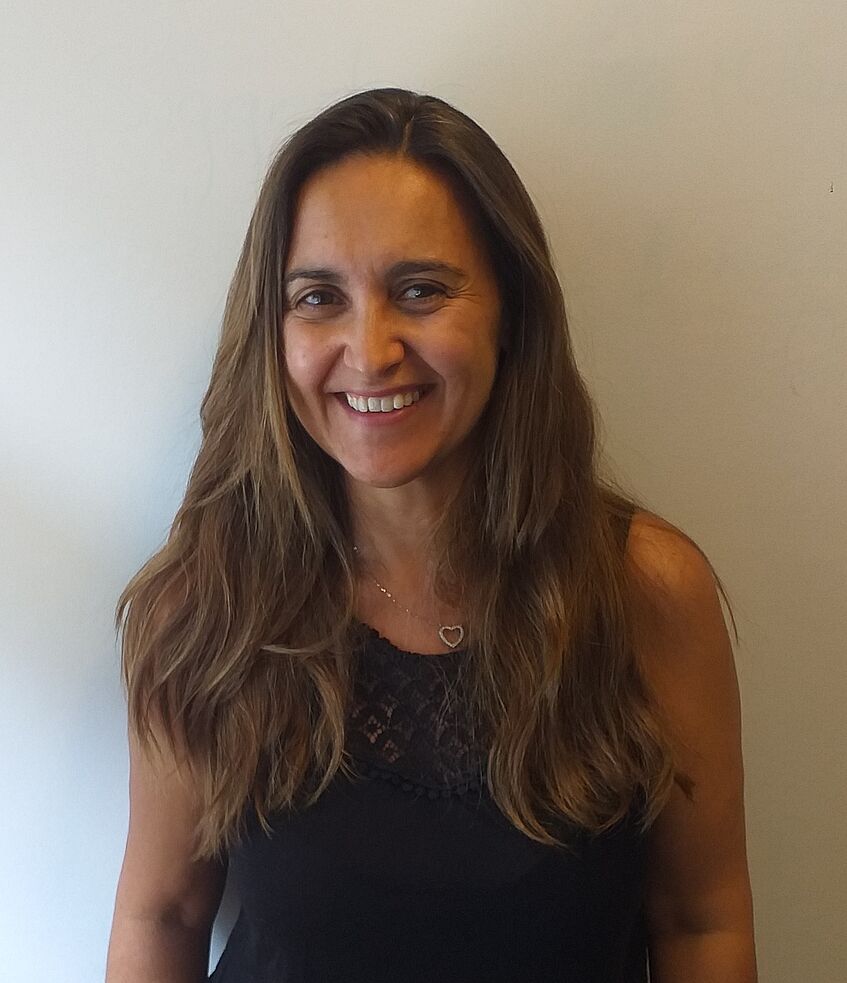
Dr. Alicia Fatima Gomez-Sanchez
Alicia Fátima Gómez is Library Director at the IE University in Madrid since October 2023. Prior to this, she worked as Head of Scientometrics and Data Visualization at the TU Wien, in Austria, leading the DOI Service Austria Consortium, and, together with the Universität Wien, the ORCID Austria Consortium. Furthermore, she has an extensive professional in libraries and research support gained over the years in Spain and the UK with focus in open science, research data, metrics and publishing and dissemination strategies. Alicia F. Gomez holds a PhD in Linguistics, and a Master in Digital Libraries and Information Systems.
Mag. Claudia Hackl
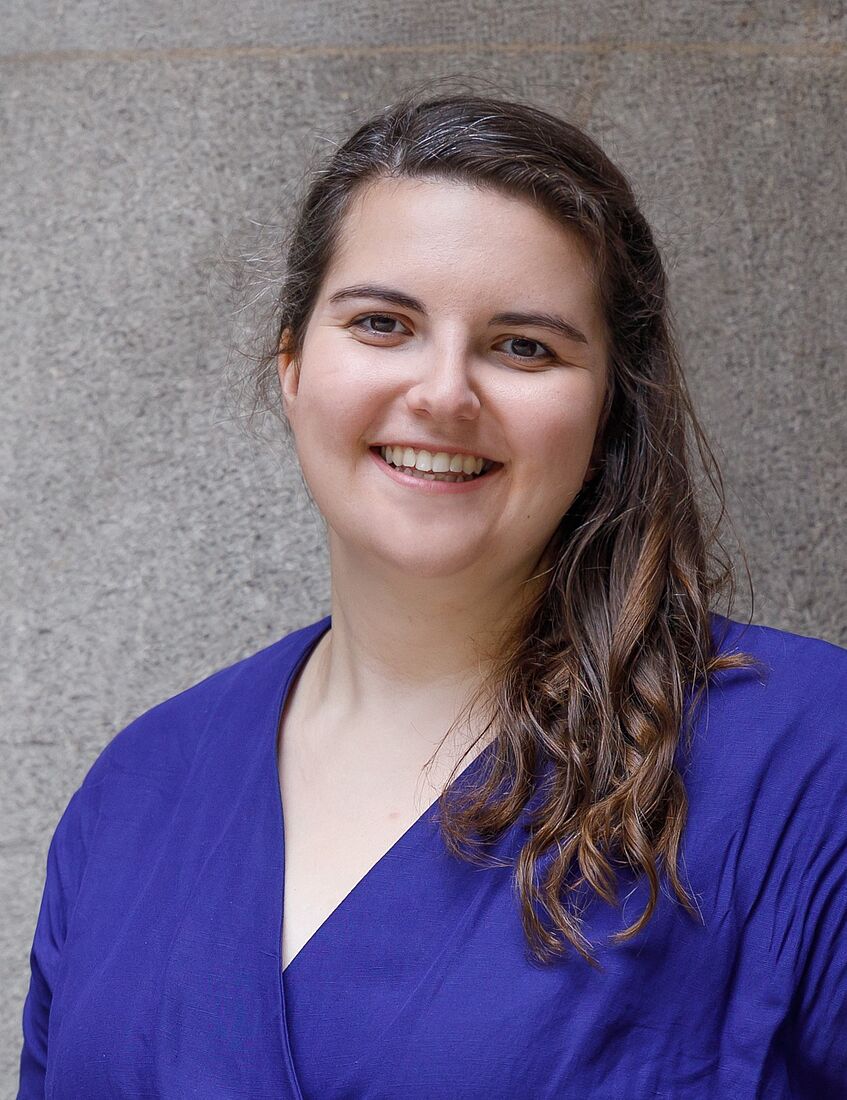
Mag. Claudia Hackl
As project manager of "Open Education Austria Advanced" (OEAA) - a digitization project to create attractive solutions for open educational resources - Claudia Hackl is responsible for knowledge transfer at the interface of Open Education and Open Science on national level. She advises higher education institutions on the institutional anchoring of Open Educational Resources (OER) and on upskilling for engaging in the national infrastructure for OER built at OEAA. In that context she is also part of several international working groups, such as the EOSC task force on “Upskilling countries to engage in EOSC” and the “AG OER Repo” which is discussing OER-repositories in the German speaking higher education sector.
Since 2020 Claudia Hackl is part of the digital teaching team at the Center for Teaching and Learning at the University of Vienna, which offers media didactic qualification and support services for teachers. Among others she has also been working in the field of Digital Humanities at the Austrian Centre for Digital Humanities (ACDH-CH) or educational technologies at the CSLEARN research group of the University of Vienna.
Claudia Hackl focusses on generating and exploiting synergies from Open Education and Open Science at the heart of a unique cooperation among e-learning centres, central IT services and libraries of the partner universities at OEAA in the field of digital innovation of teaching in higher education.
Vanessa Hannesschläger, PhD
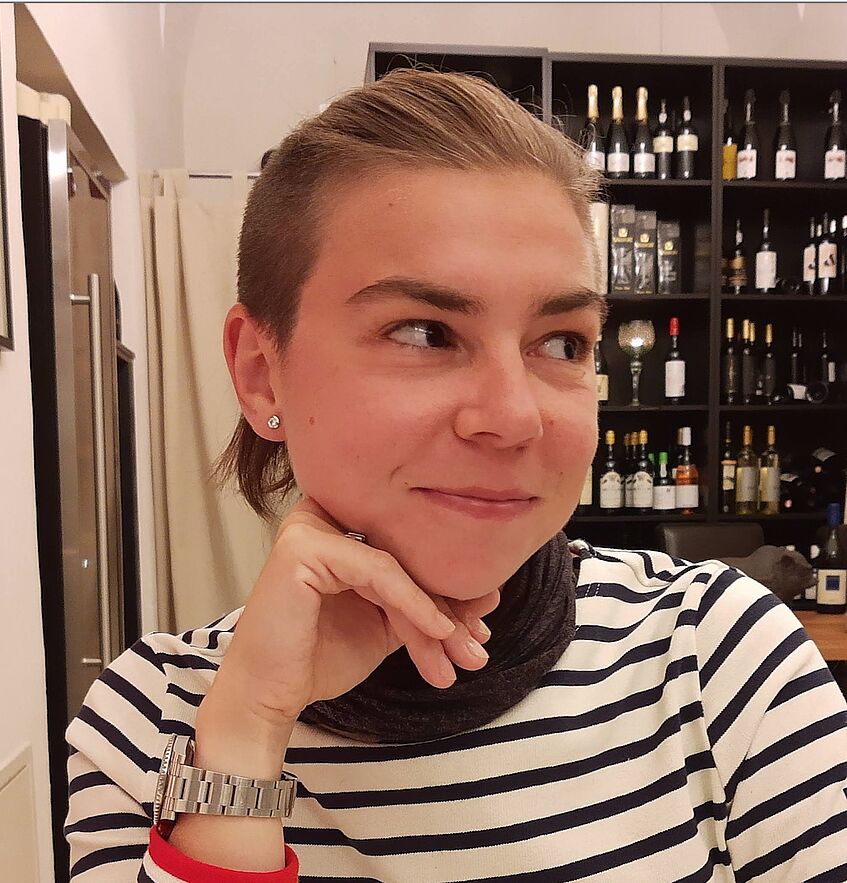
Vanessa Hannesschläger, PhD
Vanessa Hannesschläger is a German literature and digital humanities scholar with a focus on data management and legal aspects of arts and humanities data. She holds a PhD from the University of Vienna, where she also teaches DH. As a researcher at the Austrian Centre for Digital Humanities and Cultural Heritage of the Austrian Academy of Sciences, she was involved in building and maintaining the European Research Infrastructure Consortia CLARIN-ERIC and DARIAH-EU. Today she is head of European Projects of Ars Electronica Festival in Linz. Vanessa advocates for legal and data literacy as well as Open Science.
Ilire Hasani-Mavriqi, PhD
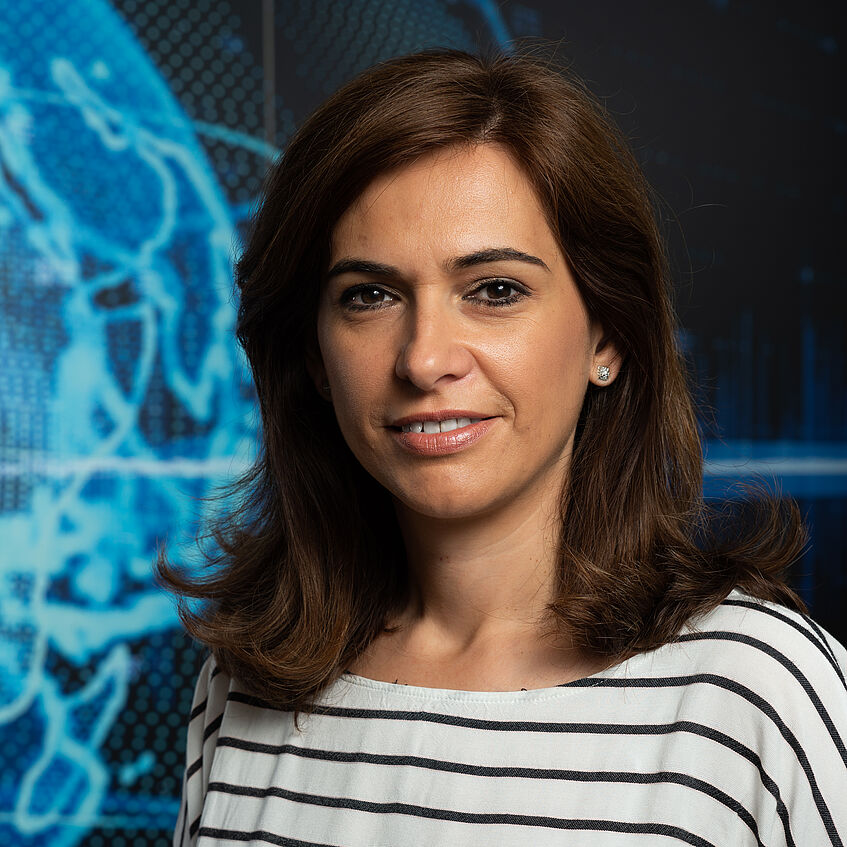
Ilire Hasani-Mavriqi, PhD
Ilire Hasani-Mavriqi leads the RDM team and the digitization of research at TU Graz. She holds a PhD in Computer Science and has extensive experience in leading the development of collaborative and Open Science tools and services at institutional and national level. She is the coordinator of the BMBWF projects FAIR Data Austria and Shared RDM Services & Infrastructure, chair of the MB of the Austrian M.O. (2022) and co-chair of the EOSC-A Task Force Data Stewardship. Her research interests include Research Data Management, Open Science, Complex Networks, Agent Based Modelling and Computational Social Science.
Patrick Helling, MA

Patrick Helling, MA
Patrick Helling is a data manager at the Data Center for the Humanities (DCH) at the Faculty of Arts and Humanities at the University of Cologne. He supports humanities scholars in questions on research data management (RDM) and he provides domain specific RDM services. In addition, he is part of the data management team of the DFG priority program 2207 “Computational Literary Studies”.
As data steward of the Verband “Digital Humanities im deutschsprachigen Raum” e.V. he develops a research data management strategy for the scholarly outcomes of the DHd-Community.
He is PhD-candidate at the University of Cologne. His doctoral research concerns the creation of a formal description model for domain specific research data management requirements and services for the humanities.
Theresa Henne, LLM
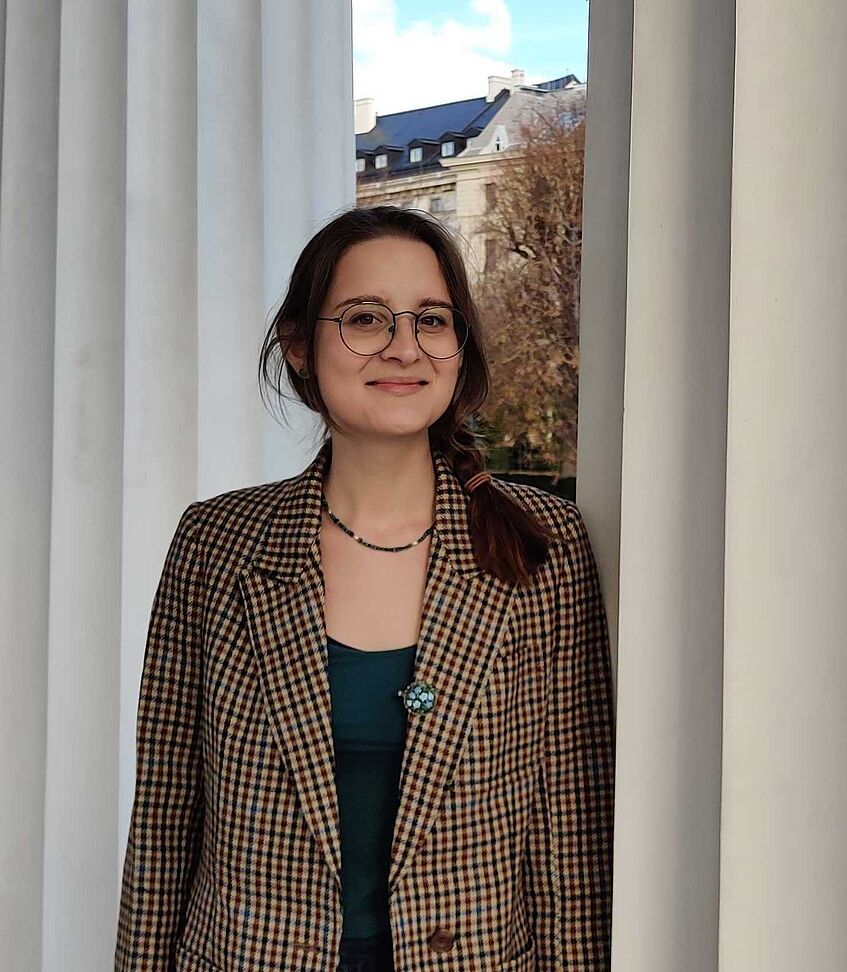
Theresa Henne, LLM
Theresa Henne is a research associate at the Institute of Innovation and Digitalisation in Law @University Vienna. She works on two EU-funded Horizon 2020 projects in the domain of cancer research & health data and law enforcement & AI technology, in which she focuses on data protection. Before joining University Vienna, she completed the LLM programme 'Law and Governance of Digital Society' from University Groningen and this autumn she is starting her PhD in the political sciences. Theresa's research interests are (digital) fundamental rights, children's rights and the datafication of education.
Lisa Hirsch, PhD
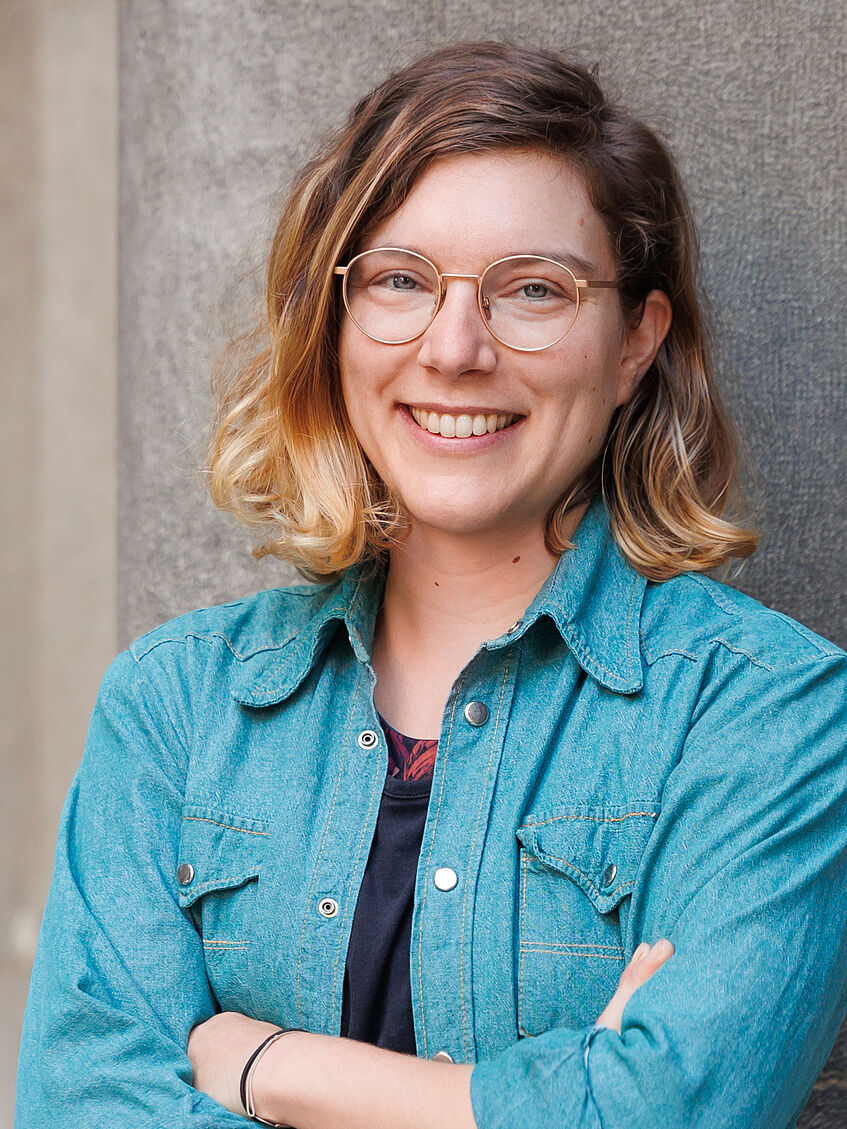
Lisa Hirsch, PhD
Lisa Hirsch works as a data curator for AUSSDA, a national infrastructure for archiving social science data at the universities of Vienna, Graz, Linz and Innsbruck, and delivers trainings on Research Data Management. Within the EOSC Future project, she organises and delivers trainings for Open Science and creates reusable training materials. Lisa holds a PhD degree in Political Science from Aarhus University.
Tereza Kalová, MA (Res), M.A. LIS
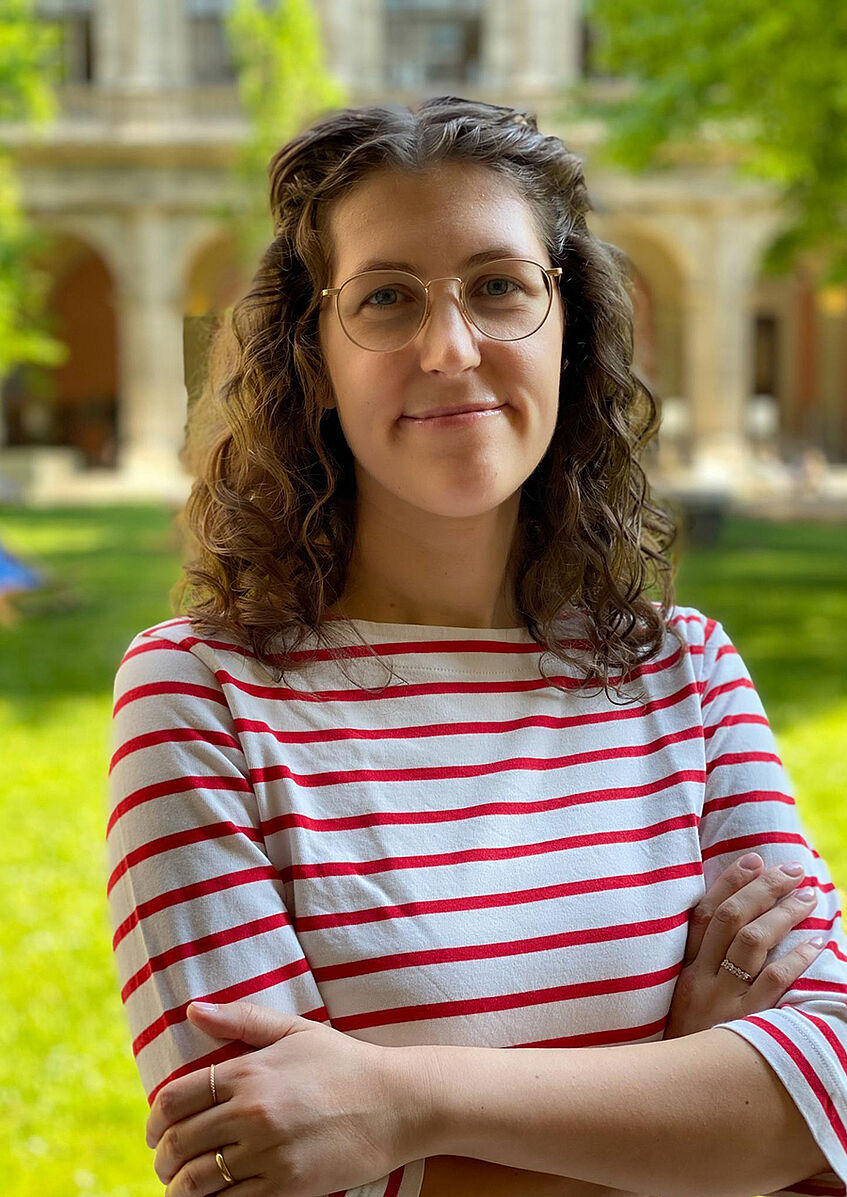
Tereza Kalová, MA (Res), M.A. LIS
Tereza Kalová is the data stewardship coordinator at the University of Vienna with over ten years of experience in librarianship and education. Together with a team of embedded data stewards as well as a larger Research Data Management team, she develops needs-based services for researchers and students in the area of data management and Open Science. She leads the “Data Steward” certificate program – the first further education program for data stewards in Austria. Tereza serves as the chair of the Management Board of the EOSC Support Office Austria and is involved in several international initiatives including the RDA, OpenAIRE and LIBER. She co-leads the “Career Paths” task within the EOSC TF “Data Stewardship and Career Paths”.
Tereza holds a Research Master’s degree in critical theory/children’s literature (University of Reading, UK) and an MA in Library and Information Science (Humboldt University of Berlin, Germany).
Ass.-Prof. Dipl.-Ing. Dr. Nils Morten Kriege
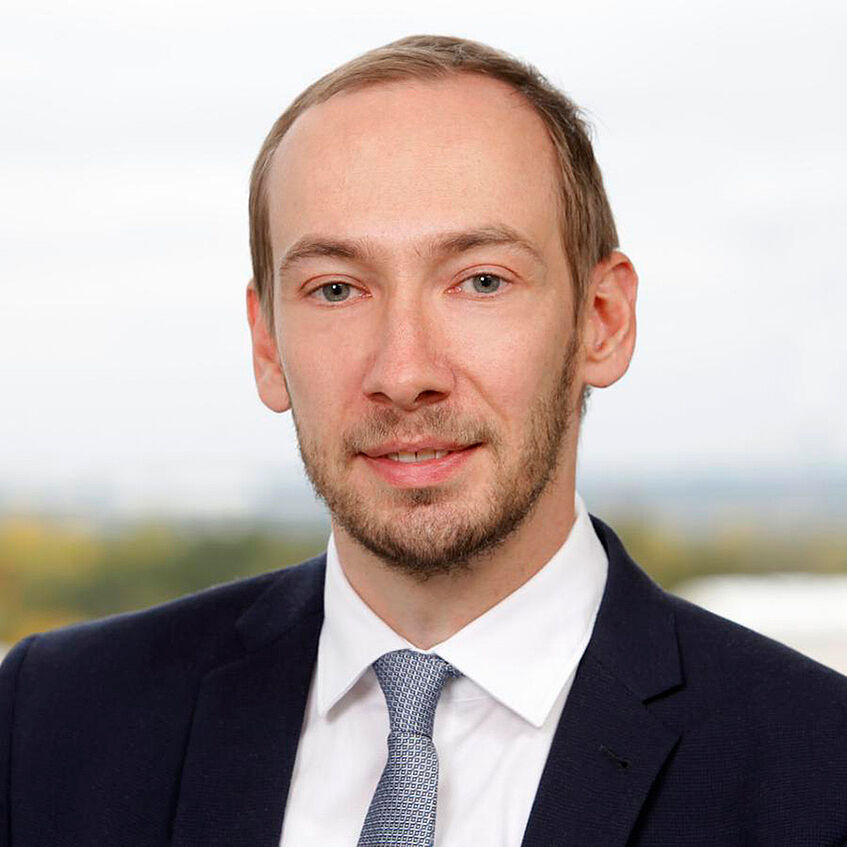
Ass.-Prof. Dipl.-Ing. Dr. Nils Morten Kriege
Nils M. Kriege is assistant professor and leader of the work group "Machine Learning with Graphs" at the Faculty of Computer Science at the University of Vienna. He received his PhD from the TU Dortmund University in 2015, was a visiting researcher at the University of York, and held an interim professorship for Algorithm Engineering at the TU Dortmund University. In 2019 he was awarded a WWTF Vienna Research Group for the project "Algorithmic Data Science for Computational Drug Discovery" and joined the University of Vienna in 2020. His research focuses on developing methods for data mining and machine learning with graphs by solving problems at the boundaries of machine learning, graph theory, and algorithmics. He contributes techniques to the broad topics of graph embedding, graph matching, and graph search in large databases. His ambition is to develop methods that are useful for solving concrete problems in real-world applications, especially in computational drug discovery. His research has been published in top-tier machine learning and data mining venues, including the International Conference on Machine Learning (ICML), the Conference on Neural Information Processing Systems (NeurIPS), and the IEEE International Conference on Data Mining (ICDM).
Tomasz Miksa, (Dr. techn.)
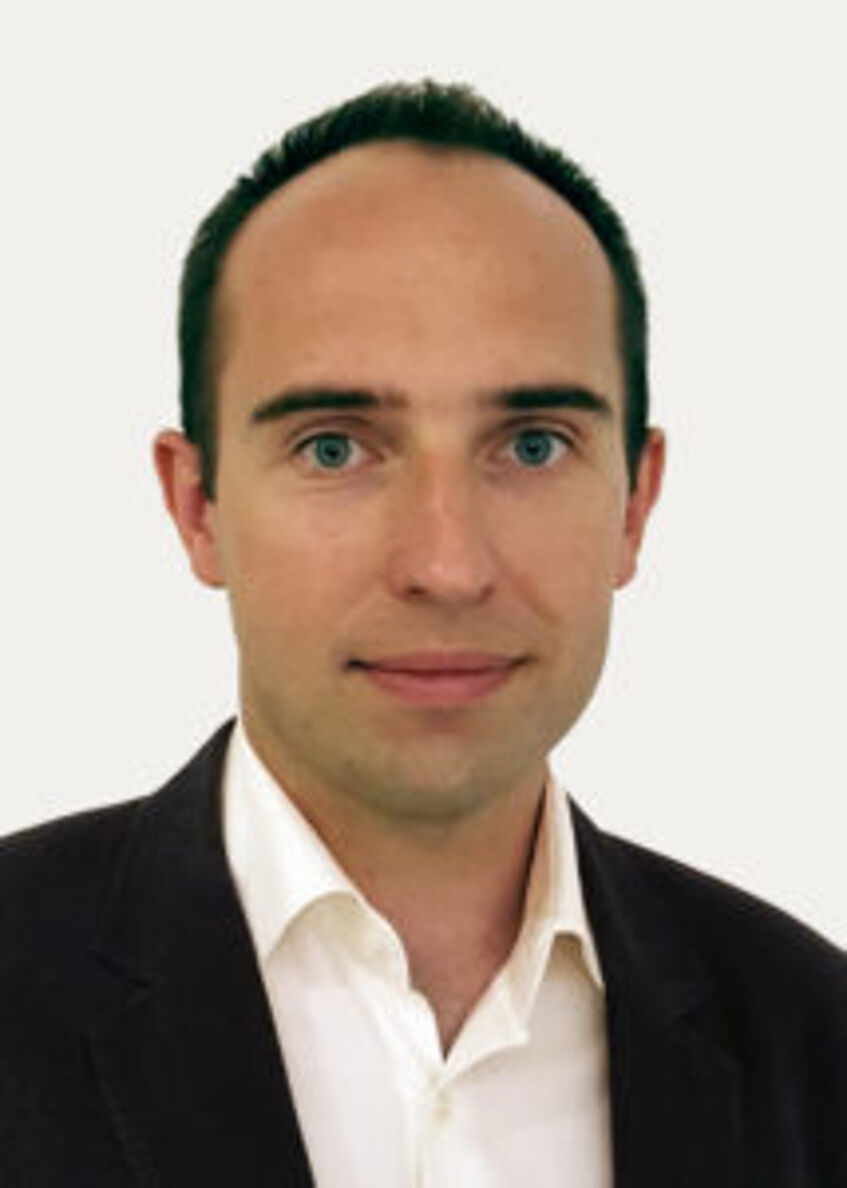
Tomasz Miksa, (Dr. techn.)
Tomasz Miksa (Dr. techn.) is a senior researcher and an expert in data management and design of research data repositories. His areas of expertise include also reproducibility of computational workflows, auditability, and digital preservation. He chairs the DMP Common Standards working group at the Research Data Alliance that works to realize machine-actionable Data Management Plans and coordinates their deployment at major Austrian universities within the FAIR Data Austria project.
Paula Oset Garcia, BA, MSc, MSc
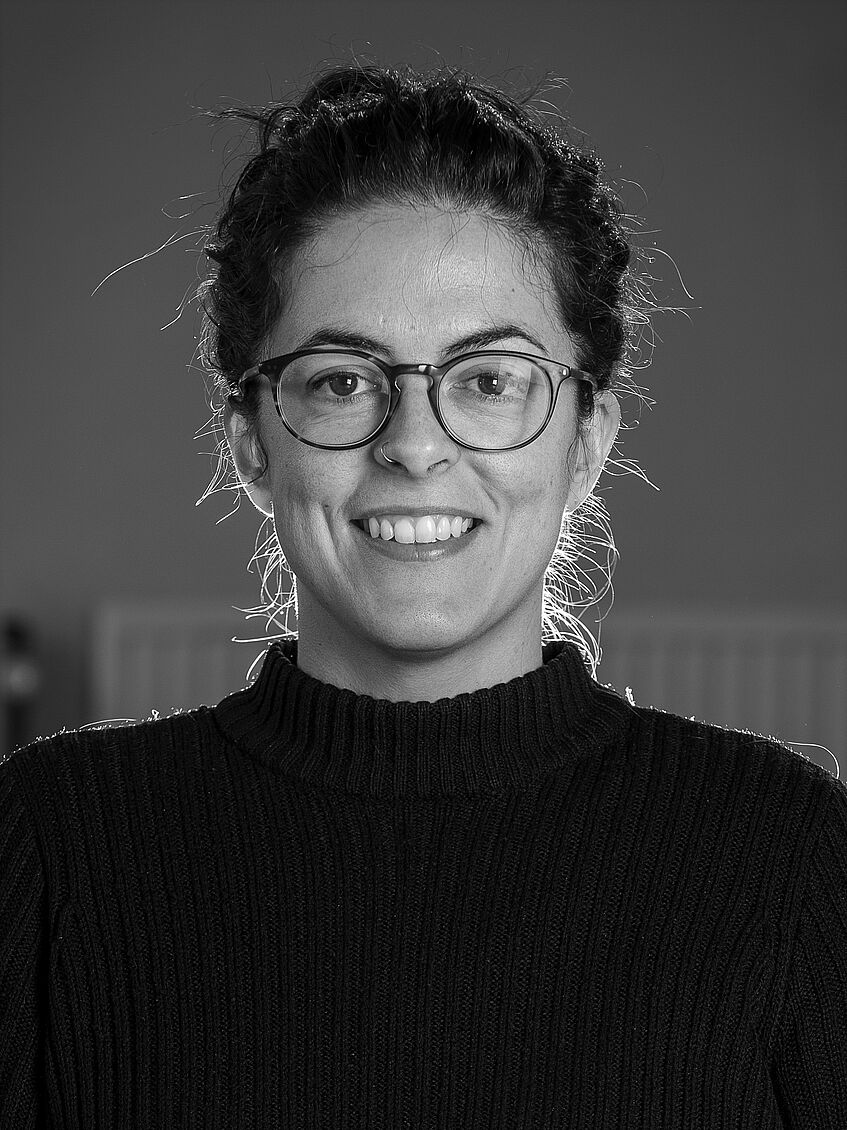
Paula Oset Garcia, BA, MSc, MSc
Paula Oset Garcia works as a data steward at the Ghent University Open Science team, supporting researchers with data management and the adoption of open and FAIR science practices. Paula is involved in several projects and networks with an important focus on RDM training and support, such as EOSC-Pillar, the OpenAire Community of Practice of Training Coordinators, or the Knowledge Hub of the Flemish Research Data Network.
Paula holds a bachelor degree in Marine Science (University of Vigo), a MSc in Coastal Management (University of Cadiz) and a MSc in Geographic Information Systems (University of Manchester).
FH-Prof. Mag. Dr. Tassilo Pellegrini
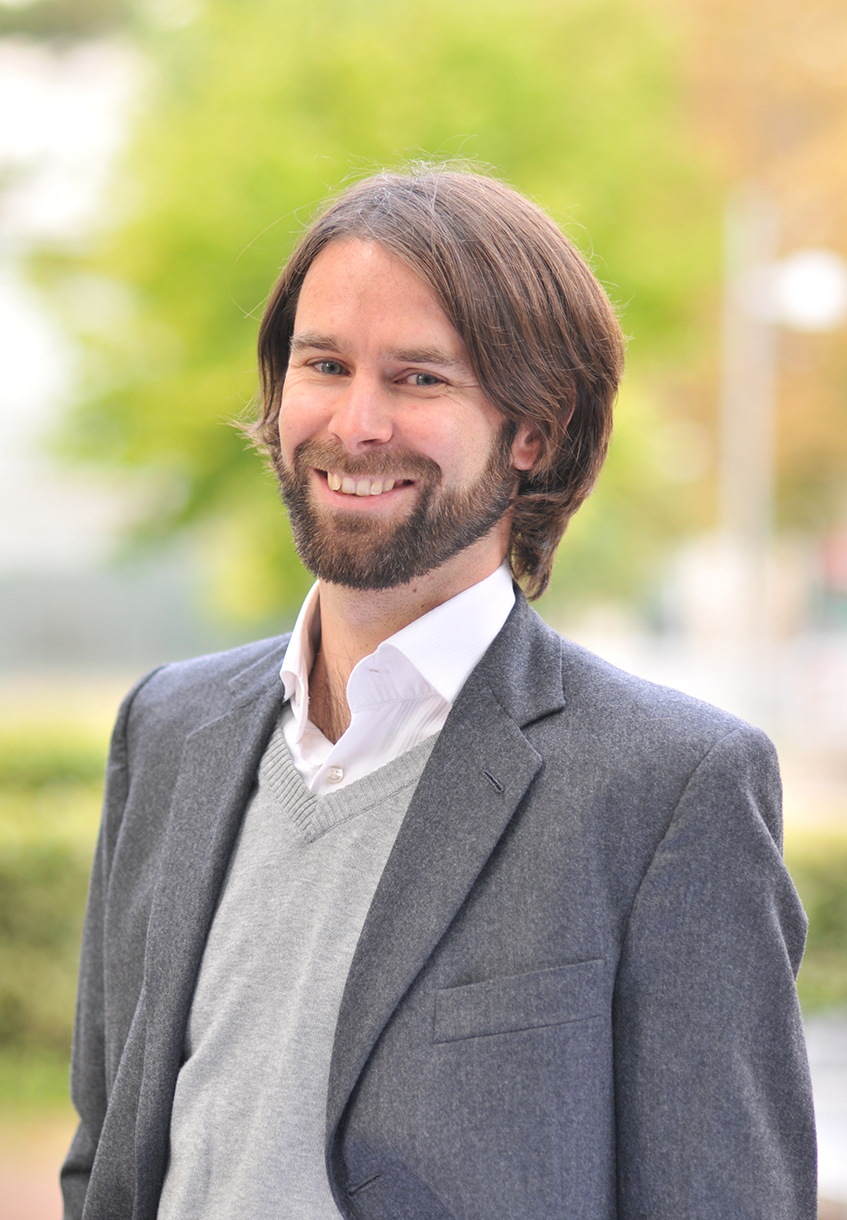
credit: Paul Poelleritzer
FH-Prof. Mag. Dr. Tassilo Pellegrini
Tassilo Pellegrini is co-director of the Institute for Innovation Systems and professor of economics at the University of Applied Sciences in St. Pölten, Austria.
His research areas are data economics, policy-aware web and artificial intelligence. He is member of the International Network for Information Ethics (INIE), the African Network of Information Ethics (ANIE) and the Deutsche Gesellschaft für Publizistik und Kommunikationswissenschaft (DGPUK). He is co-founder of the Semantic Web Company in Vienna and conference chair of the annual SEMANTiCS conference series founded in 2005.
Dipl.-Ing. Dr. Benedikt Pittl, BSc
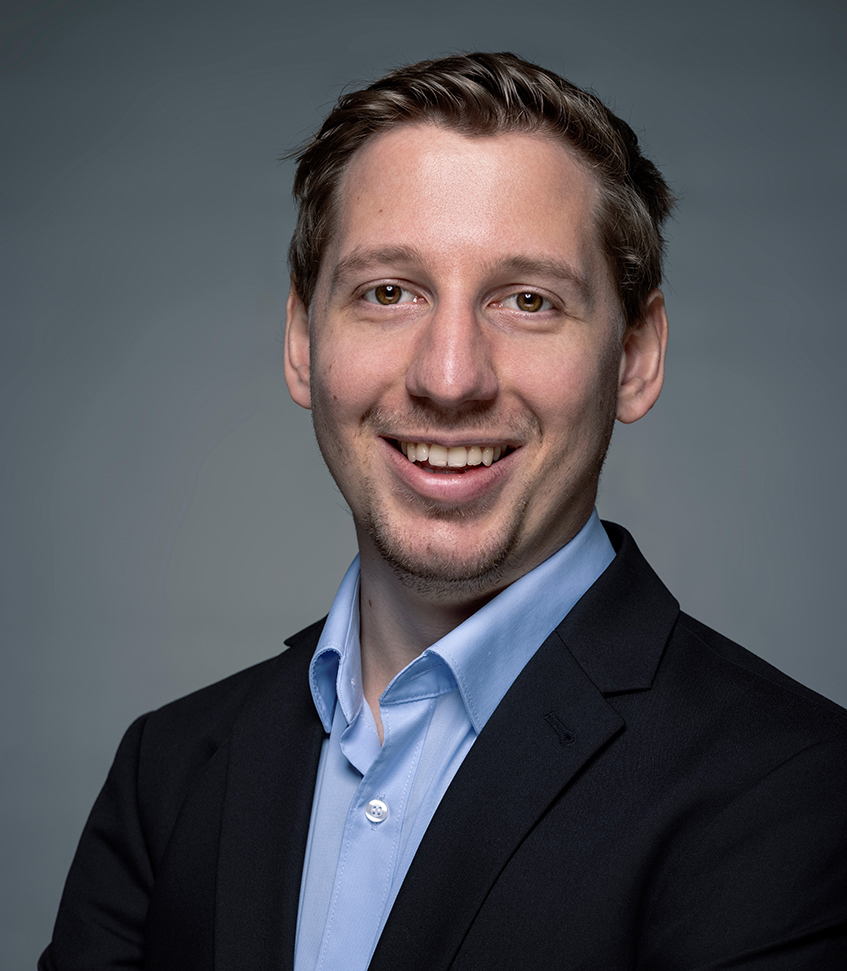
Dipl.-Ing. Dr. Benedikt Pittl, BSc
Benedikt Pittl holds a master’s degree in Business Informatics from the University of Vienna. In 2020 he successfully defended hisPhD thesis on Cloud Economics. He attended multiple scientific conferences and received for his work the Best-Paper from a highly ranked international Cloud Conference as well as multiple “Best of the Best” Awards of the Faculty of Computer Science from the University of Vienna. Since 2017 Benedikt Pittl gains experiences in Industry, in addition he works as a passionate lecturer at the University of Vienna. In line with his lifelong learning credo he received a additonal master’s degree in the field of Data Science in 2022.
Christopher Pollin, BA MA MA

Christopher Pollin, BA MA MA
Christopher Pollin holds a Master's Degree in History and a Joint Master's Degree in Digital Cultural Heritage. He is currently a PhD student in Digital Humanities.
Since 2016, he has been working in various positions at the Centre for Information Modeling (ZIM) at the University of Graz. His work includes technical development and data modeling in various projects such as 'STEFAN ZWEIG DIGITAL', 'Open Access Database Adjective-Adverb Interfaces in Romance' or 'Digital Edition Publishing Cooperative for Historical Accounts'. His work focuses on semantic web technologies, resource discovery and web programming. In addition to teaching in these fields, his dissertation project focuses on information-based resource discovery for historical information. He is a co-founder of Digital Humanities Craft.
Dr.Phil. Marjo Rauhala, MSSc., BA
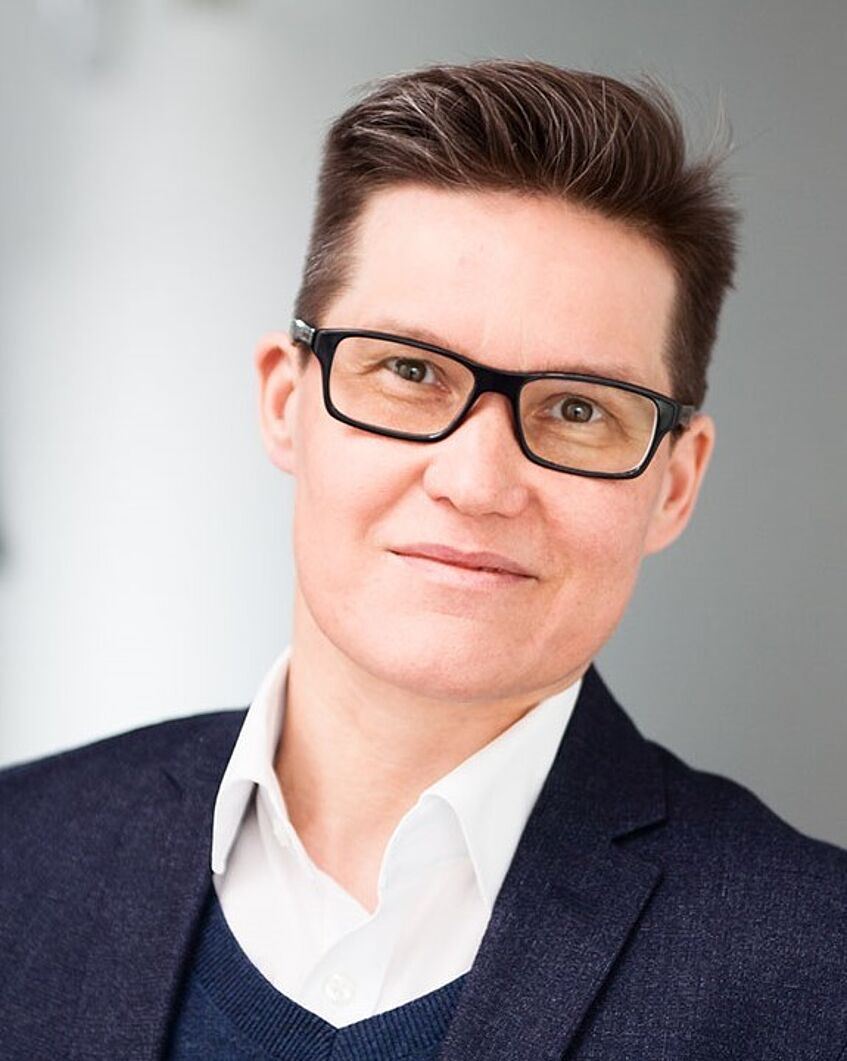
Dr.Phil. Marjo Rauhala, MSSc., BA
Marjo Rauhala (Dr.Phil., MSSc., BA) is the Head of Service Unit of Responsible Research Practices at TU Wien and responsible for establishing the research ethics advisory and review structures for the entire university. With an academic background in philosophical and biomedical ethics and social sciences, Marjo Rauhala has broad experience in the field of research ethics. This experience encompasses academic research, ethics management and advisory tasks in interdisciplinary engineering projects, collaboration with a national ethics council, as well as research ethics review in the research funding programs of the European Union. Since 2012, Marjo Rauhala participates in the European Commission’s working groups on ethics policy and guidance and expert panels in ethics screening, review and check/follow-up of European funded research for the European Commission’s Ethics and Integrity Sector and the European Research Council.
Dipl.-Phys. Dr. Constanze Roedig
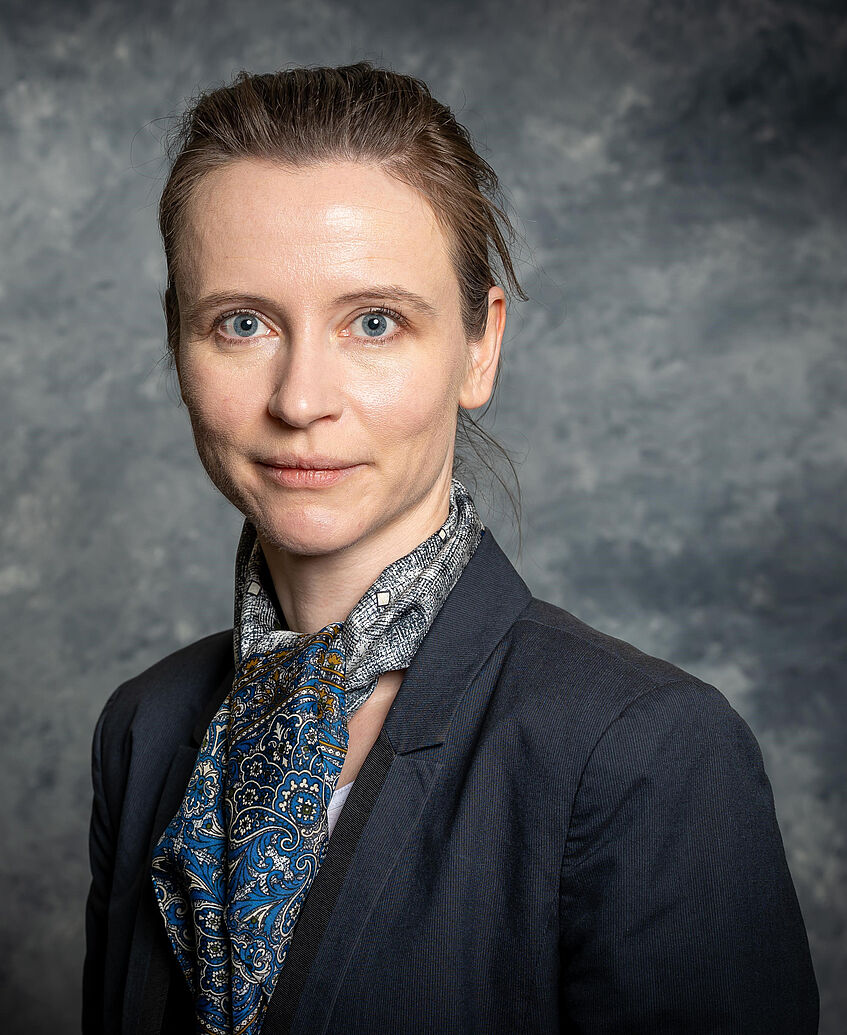
Dipl.-Phys. Dr. Constanze Roedig
Cloud architecture, DevSecOps, advanced scientific computing
Dr. Constanze Roedig earned her doctorate at the Albert Einstein Institute (Max Planck) in relativistic radiation hydrodynamics and continued studying black holes at Johns Hopkins as a postdoc. She spent 8 years in the private sector as a software architect to enable companies to transition their internal systems towards transparent, performant and scalable designs. The desire to give back to the community brought her back to science in the role of the technical lead for an Austrian-wide project (https://forschungsdaten.at/en/austrian-datalab-and-services/) to make High Performance Computing more accessible and bring cloud-native to the university system landscape. She now advocates for open standards, FAIR and open science and works as an R&D engineer on finding feasible means to unite HPC with the modern user-experience of kubernetes.
Dr. Kirsten Schlebbe
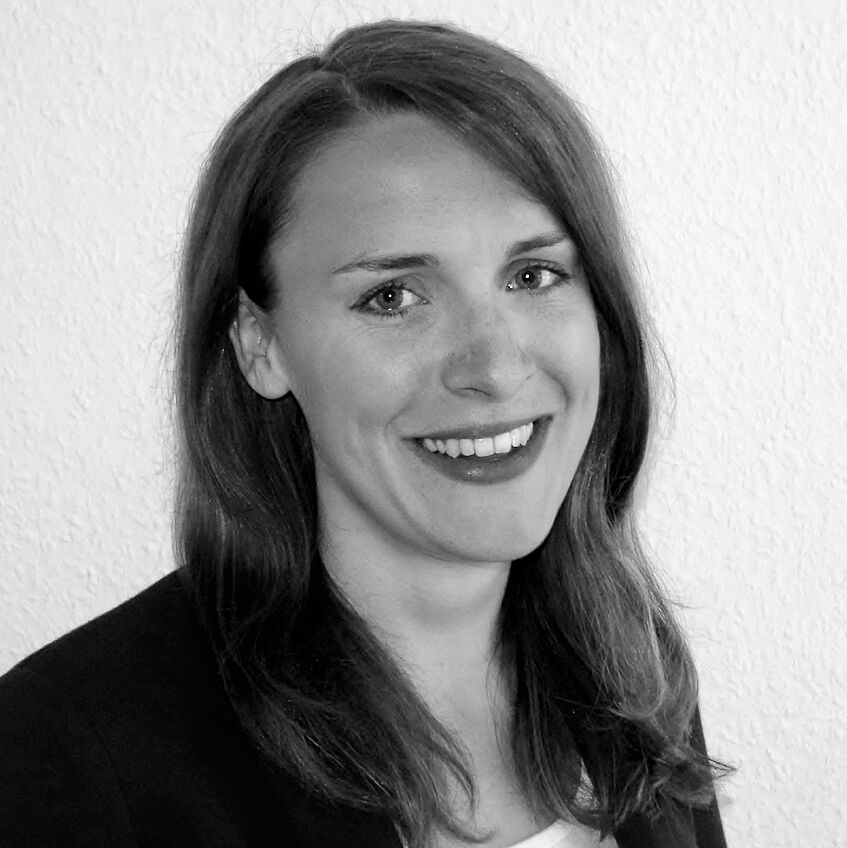
Dr. Kirsten Schlebbe
Kirsten Schlebbe works as a postdoctoral researcher and lecturer at the Berlin School of Library and Information Science at Humboldt-Universität zu Berlin. In 2022, she completed her dissertation on the role of mobile devices in young children's information behavior. She also holds a Master's degree in Library and Information Science (Humboldt-Universität zu Berlin).
Her research interests revolve around the information behavior and practices of young children and their families, especially in the context of digital and mobile technology use. In addition, she is interested in methodological and ethical questions related to research with specific user groups. Since 2015, she has offered several lectures and seminars teaching theories and models of information behavior research that address human needs and practices when interacting with information. Another focus of her teaching is to provide students with skills in quantitative and qualitative methods of data collection and analysis.
DI Dr. mont. Hermann Schranzhofer
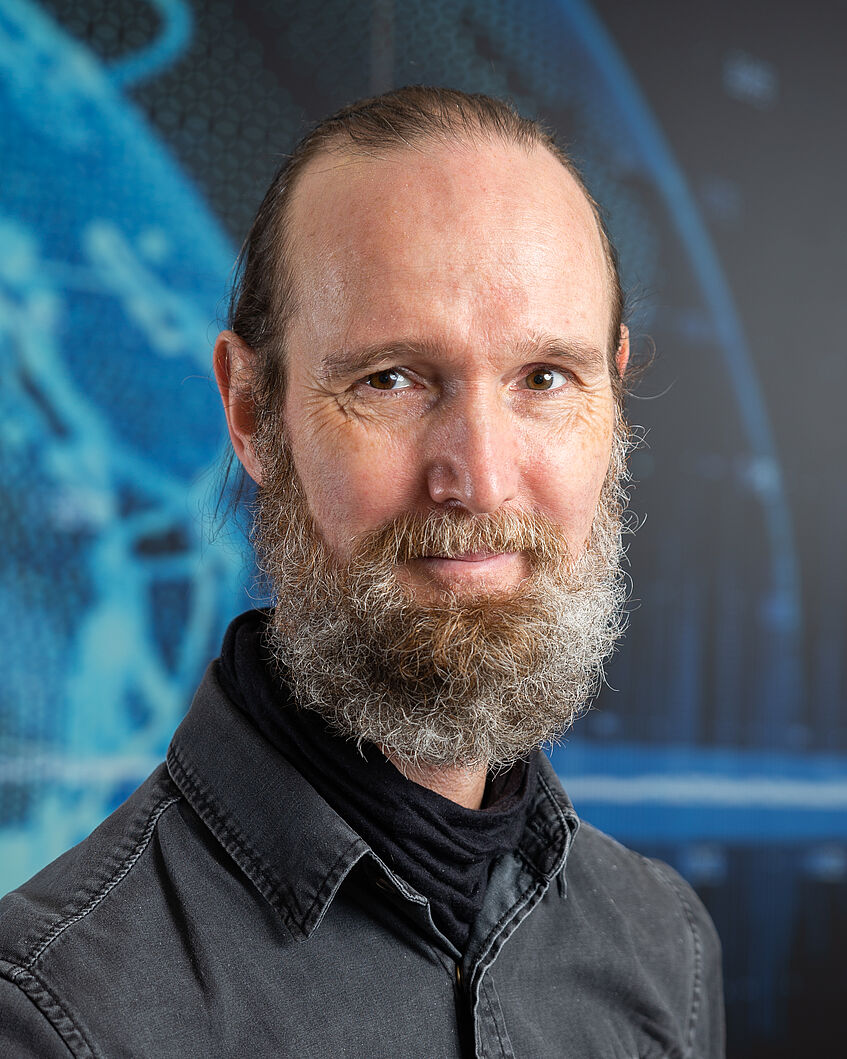
DI Dr. mont. Hermann Schranzhofer
Hermann Schranzhofer is Data Steward at Graz University of Technology since 2020. Therefore he is involved in the development of services and policies for research data management.
Hermann studied physics at the Graz University of Technology and finished his PhD in materials science at the Montanuni Leoben. Before he joined the RDM Team, he worked for 15 years at the Institute of Thermal Engineering at Graz University of Technology in research and development. His main focus was on simulations of energy systems including renewable energy and innovative thermal storage. In addition, he also carried out measurements in the laboratory and at demonstration plants.
Mag. Christian Steiner, MA
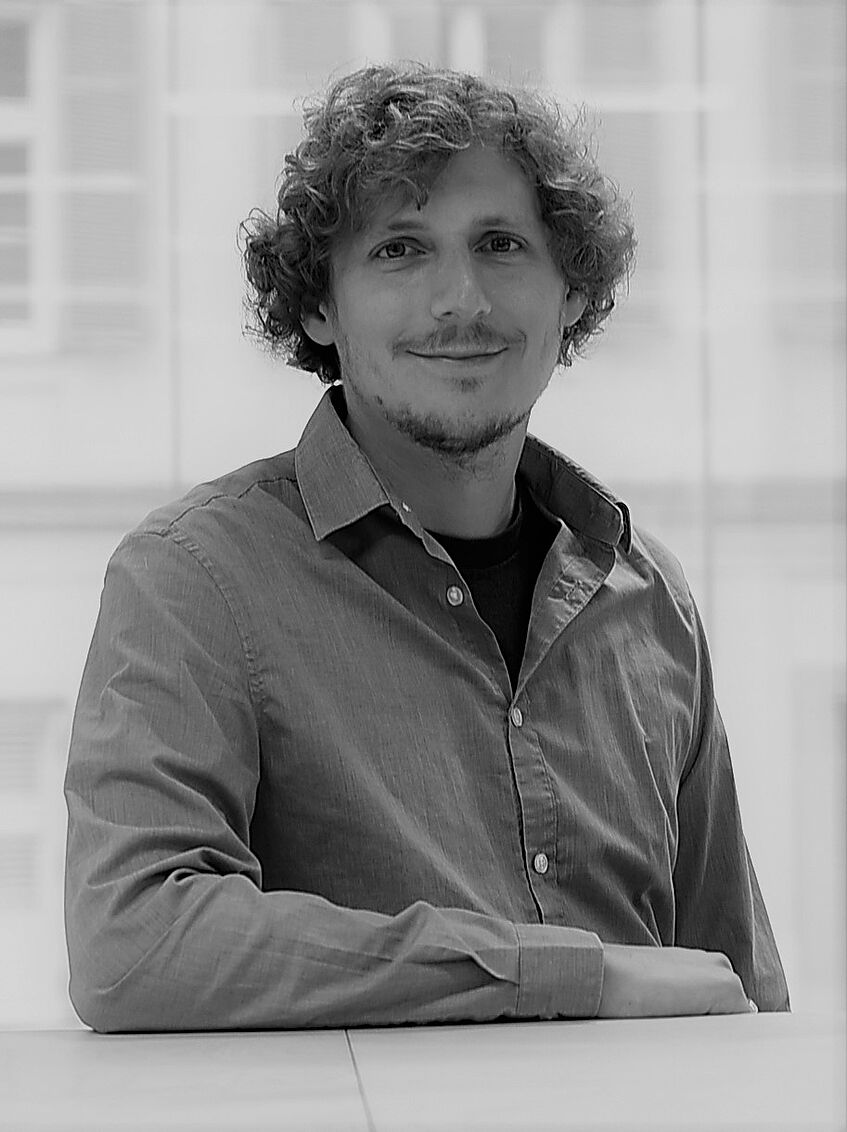
Mag. Christian Steiner, MA
Christian Steiner holds a Master’s degree in Translation (German/English/Bosnian/Croatian/Serbian) and a Joint Master’s Degree in Digital Heritage and Digital Humanities (EuroMACHS). Currently he is a PhD candidate in Digital Humanities.
Since 2012 he has been a research assistant at the Centre for Information Modelling (ZIM) at the University of Graz. His work includes technical development, data modelling and data wrangling in various DH projects. The main focus of his work is on Semantic Web technologies, Linked Data, and Web Programming. In addition to teaching in these fields, his dissertation project is about Linked Data and the potential of using Wikidata as a hub between the Life Sciences and the Humanities.
Mag. Annette Strauch-Davey
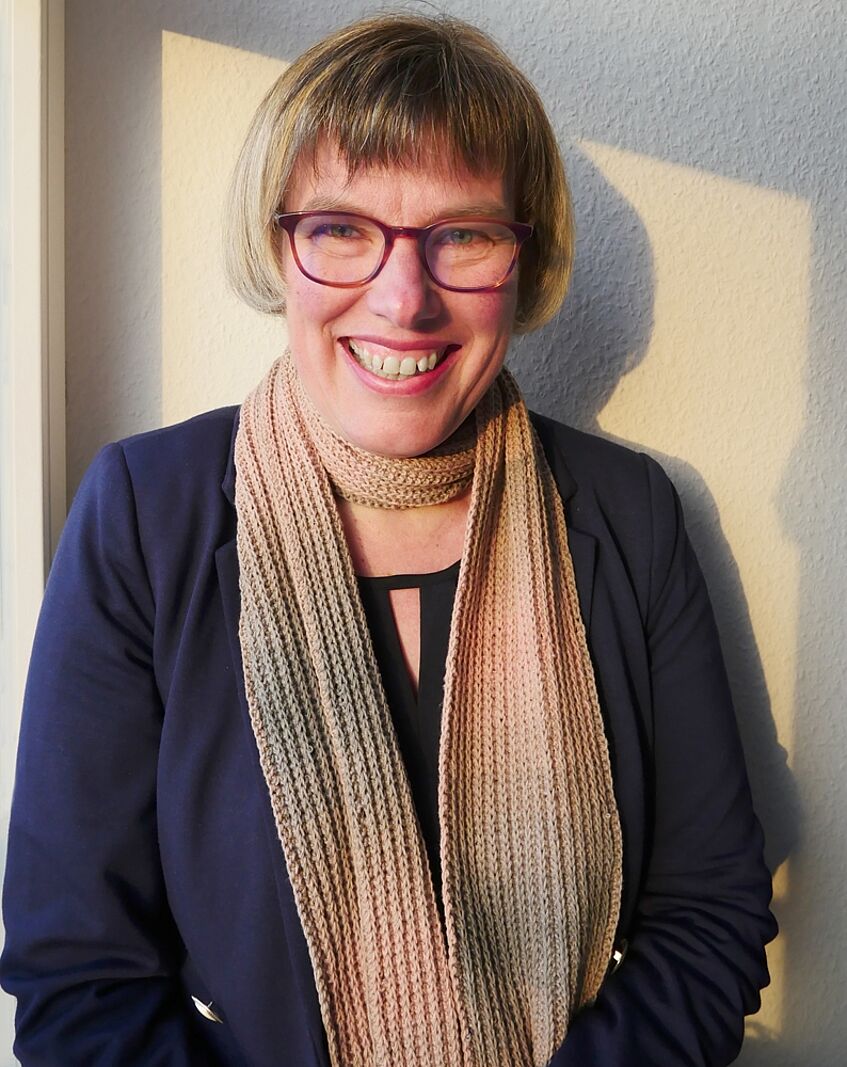
Mag. Annette Strauch-Davey
Annette Strauch-Davey (M.A.) is a cultural scientist / European ethnologist and English literature and medieval studies scholar from the Georg-August University of Göttingen. She had lived in Cardiff and Aberystwyth in Wales for 15 years after her studies (including work at the Museum of Welsh Life and the National Library of Wales). For more than 10 years she has been interested in and dealing with the research data of scientists of various disciplines, also as an important part of her scientific work. At Ulm University, in the communication and information center (kiz)
she was part of the bwFLA team working on the implementation and development of a distributed framework for emulation-based services and technologies to address Baden-Württemberg state and higher education institutes’, libraries’ and archives’ new challenges in digital long-term preservation. For the Collaborative Research Center 1187 and at the Center for Information and Media Technology (ZIMT) at the University of Siegen, she has worked intensively on research data management, where she came more and more into contact with the different requirements of the disciplines. At the University Library of Hildesheim, Annette Strauch-Davey was the contact person for RDM at the University of Hildesheim from the beginning of 2018 until the autumn of 2022 where she had built up RDM services from scratch. For many years, she was a member of the Commission for Research-Related Services of the VDB and there also dealt with Open Science and with the trustworthy handling of data of all types and formats. At the moment she is dealing with basic services for RDM in the context of NFDI and EOSC.
Sarah Stryeck, BSc MSc PhD
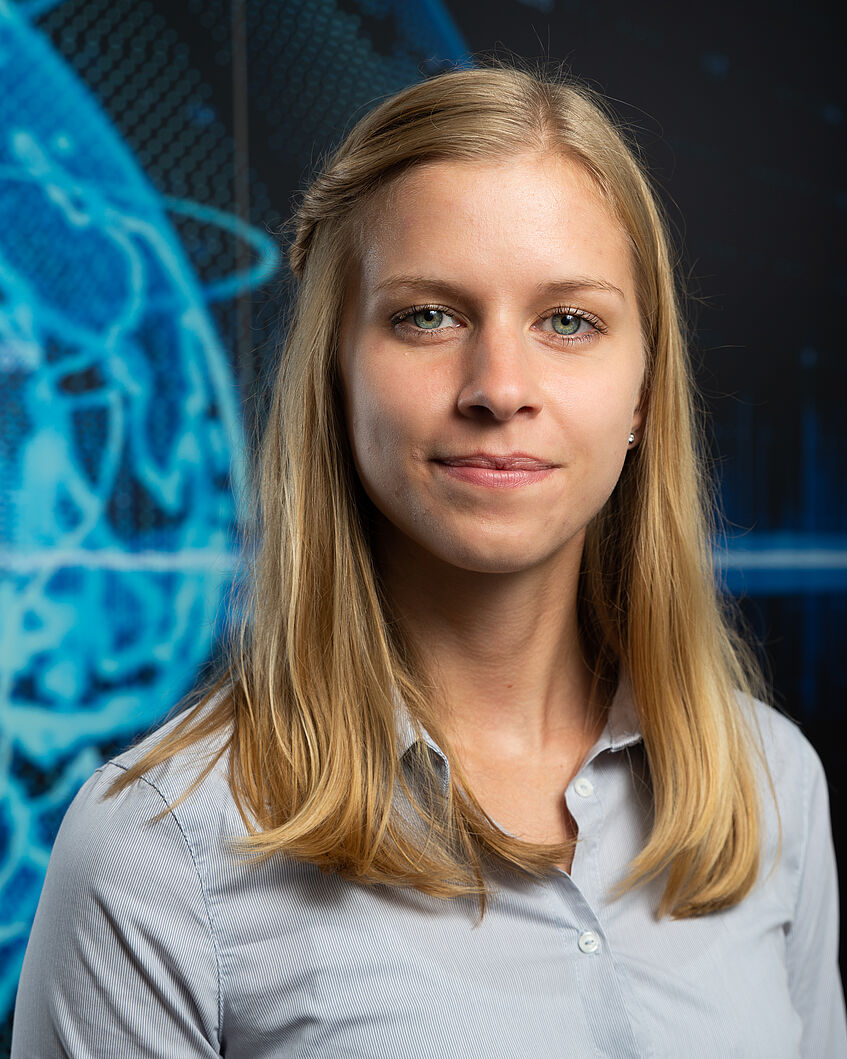
Sarah Stryeck, BSc MSc PhD
Currently, Sarah is employed as Head of Digitalization and Data Governance at Research Center Pharmaceutical Engineering GmbH (RCPE) and as Data Steward Expert at the Data Intelligence Initiative (DIO).
Sarah Stryeck studied Biochemistry and Molecular Biomedicine at Graz University of Technology (2011-2016) followed by her PhD studies at the Medical University of Graz in Integrated Structural Biology and Metabolism Research (2016-2019). During her studies, Sarah spent one semester at the Technical University of Munich (Germany) and one semester at the University Medical Center in Utrecht (The Netherlands). After that, Sarah was working as a Data Steward at Graz University of Technology and as a Business Developer for Data Platforms and Life Sciences at Know-Center GmbH.
Ass.-Prof. Dipl.-Ing. Dr.techn. Sebastian Tschiatschek, BSc
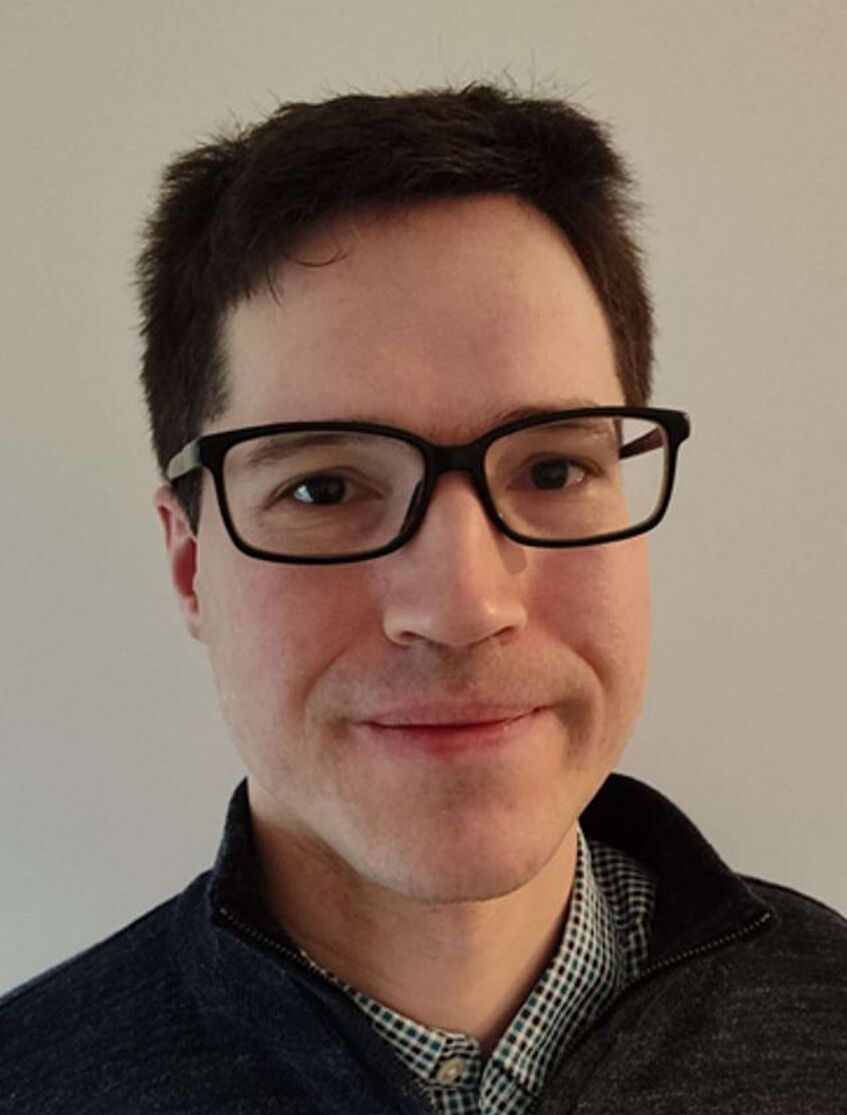
Ass.-Prof. Dipl.-Ing. Dr.techn. Sebastian Tschiatschek, BSc
Sebastian Tschiatschek is assistant professor for Machine Learning at the Faculty of Computer Science at the University of Vienna.
He received his PhD from Graz University of Technology in 2014. After his PhD, he was a postdoctoral fellow at ETH Zurich and a senior researcher in the machine learning and perception group at Microsoft Research in Cambridge. He develops (probabilistic) machine learning algorithms for handling structured objects and sequential decision making. His research focuses on expressive models for heterogeneous data and on the impact of uncertainty and its quantification, for instance on sequential decision making and human-machine interaction. His research is published at top venues of machine learning, including the International Conference on Machine Learning (ICML), the Conference on Neural Information Processing Systems (NeurIPS) and the International Conference on Learning Representations (ICLR).
Dipl.-Ing.Florian Wörister, BSc
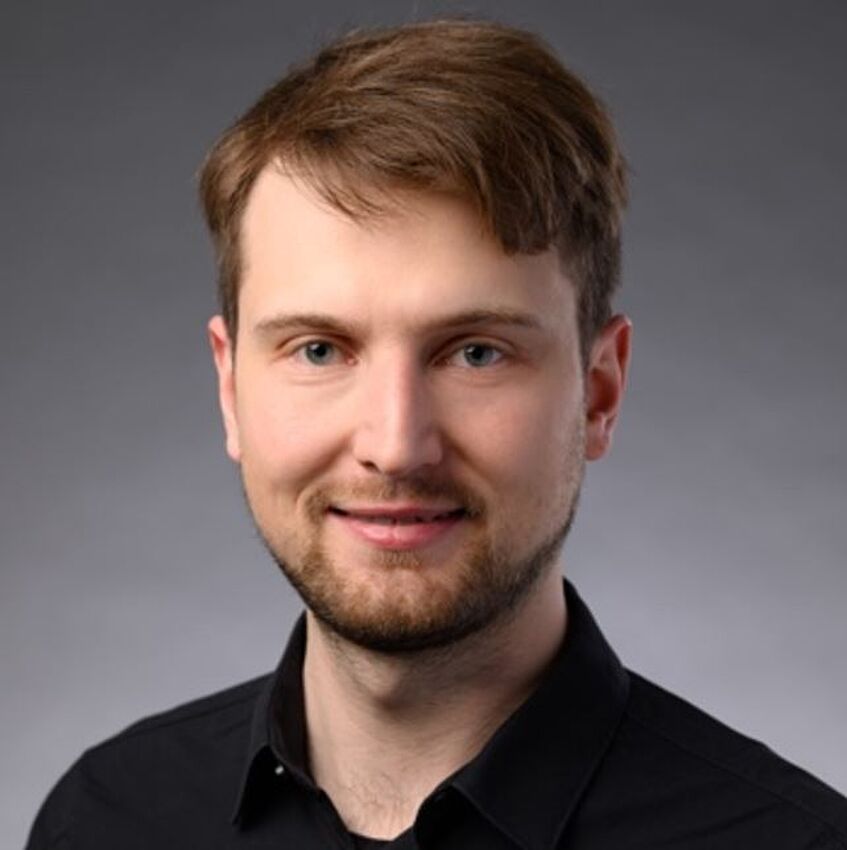
Dipl.-Ing.Florian Wörister, BSc
Florian Wörister is a Software Engineering graduate of TU Wien and currently pursuing a Ph.D. at the CSLEARN research group of the University of Vienna. He is a certified Carpentries Instructor and has already gained experience in teaching research associates how to maintain software projects with git.

